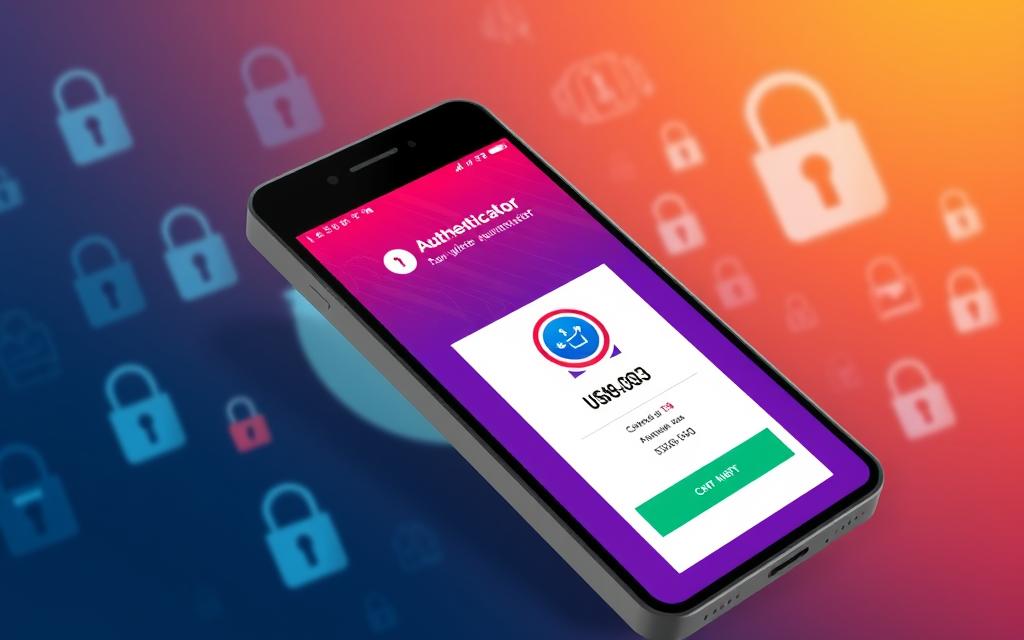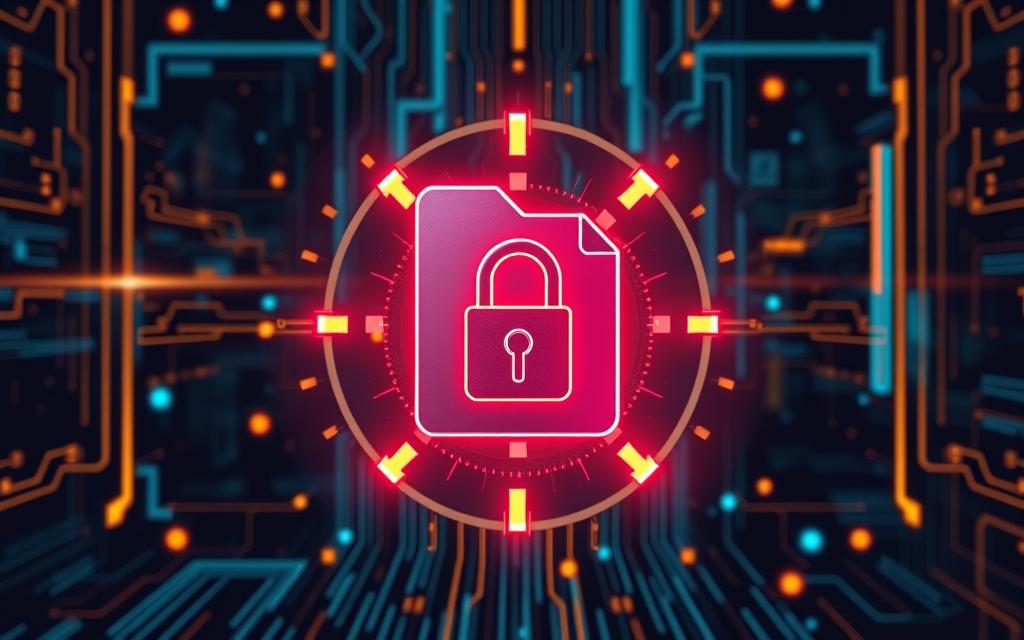Cybersecurity for Small Business: Learn how to secure your small business from cyber threats with affordable tools and expert tips. Build a safer future for your business today! Running a small business is no small feat. From managing operations to keeping your customers happy, your plate is already full. Now imagine losing valuable customer data or being locked out of your systems due to a cyberattack. Sounds terrifying, right? Cybersecurity for small business is often overlooked because of limited resources or the misconception that hackers only target large corporations. The truth? Small businesses are prime targets because of their perceived vulnerability. Don’t worry—this article has you covered. We’ll walk you through everything you need to know to protect your business effectively without breaking the bank. Ready to take charge of your business’s security? Let’s dive into the essentials of cybersecurity for small businesses! Cybersecurity for Small Business What exactly does “cybersecurity for small business” mean? It’s the process of protecting your business’s digital assets—like sensitive customer information, financial data, and operational systems—from unauthorized access and cyber threats. From phishing attacks to ransomware, the risks are many, but the solutions are simple if approached strategically. Implementing cybersecurity measures isn’t just about technology; it’s also about adopting practices and policies that make your business a tough target for cybercriminals. Why Focus on Small Businesses? The assumption that hackers prioritize large enterprises is a myth. In reality, small businesses are more likely to lack the robust defenses of their larger counterparts, presenting a tempting opportunity for malicious actors. From phishing emails targeting employees to ransomware attacks holding systems hostage, small businesses face a wide array of challenges. The Cost of Neglecting Cybersecurity Neglecting cybersecurity can lead to significant losses. Studies show that over 60% of small businesses close within six months of a cyberattack due to financial and reputational damage. Addressing these risks proactively is essential to securing your business’s long-term viability. Why Cybersecurity Matters for Small Businesses Cybersecurity is more than just a safety net—it’s a necessity for any business that wants to survive and thrive in the digital age. Let’s explore why it’s particularly important for small businesses: 1. Small Businesses Are Prime Targets Contrary to popular belief, hackers don’t just go after large corporations. Small businesses often have weaker security measures, making them easier targets. These businesses are often part of larger supply chains, so a breach in a small business can serve as a gateway to attack larger entities. An attack on one small business can have a ripple effect, affecting partners, suppliers, and even customers. Hackers exploit these vulnerabilities for maximum impact. 2. Legal and Financial Repercussions Small businesses are subject to data protection regulations, including GDPR, HIPAA, and CCPA. Failure to comply can result in hefty fines and legal complications. Cybersecurity ensures that you’re meeting compliance standards while protecting sensitive customer information. A small retail business that suffers a data breach may face lawsuits from customers whose data was exposed, in addition to penalties for non-compliance with privacy laws. 3. Customer Trust and Brand Reputation In the digital age, trust is everything. A single cybersecurity incident can shatter the trust your customers have in your business. With social media amplifying every negative experience, rebuilding your reputation can take years. Proactive cybersecurity measures not only protect your business but also enhance customer confidence. Common Threats Faced by Small Businesses Small businesses face an array of cybersecurity threats. Understanding these threats is the first step toward protecting your business. 1. Phishing Scams Phishing attacks are deceptive emails or messages designed to trick recipients into revealing sensitive information or clicking on malicious links. How It Works: Cybercriminals pose as legitimate entities, such as banks or vendors, to steal credentials or financial data. Impact: A single employee falling victim can compromise the entire business network. 2. Ransomware Attacks Ransomware is malware that encrypts your data, holding it hostage until a ransom is paid. How It Works: Hackers gain access to your system through weak links, such as unpatched software or phishing emails. Impact: Ransomware can halt your operations, with some businesses unable to recover due to financial losses or permanent data loss. 3. Insider Threats Not all threats come from external sources. Insider threats occur when employees, contractors, or partners misuse their access to harm your business. Intentional vs. Unintentional: Some insiders act maliciously, while others unknowingly compromise security by ignoring protocols or falling for scams. 4. Weak Passwords and Credential Theft Easily guessable passwords are a gateway for hackers. Once they gain access to your systems, they can infiltrate sensitive areas undetected. Example: Using “password123” might be convenient, but it’s an open invitation for attackers. Essential Cybersecurity Practices for Small Businesses Taking proactive steps can protect your business from most cyber threats. Here’s how you can build a strong cybersecurity foundation: 1. Educate and Train Employees Employees are your first line of defense against cyber threats. Regular training ensures they are aware of potential risks and know how to respond. Key Topics to Cover: Phishing recognition, safe browsing habits, and password hygiene. Ongoing Training: Make cybersecurity a regular part of your business operations. Monthly or quarterly refreshers can reinforce good habits. How Training Helps Well-informed employees are less likely to fall for phishing attempts or accidentally expose the network to malware. By creating a culture of cybersecurity awareness, you reduce the risk of human error. 2. Use Strong Passwords and Multi-Factor Authentication (MFA) Password-related breaches are among the most common cybersecurity incidents. Strengthen your defenses by implementing strong passwords and MFA. Password Best Practices: Use complex combinations of letters, numbers, and symbols. Change passwords regularly and avoid reusing them. MFA: Adds an extra layer of protection by requiring a second verification step, such as a code sent to your phone. Real-World Benefits Even if a hacker manages to guess a password, MFA ensures they cannot access the account without the secondary verification method. 3. Implement Firewalls and Antivirus Software Firewalls and antivirus programs are essential for defending against cyber





